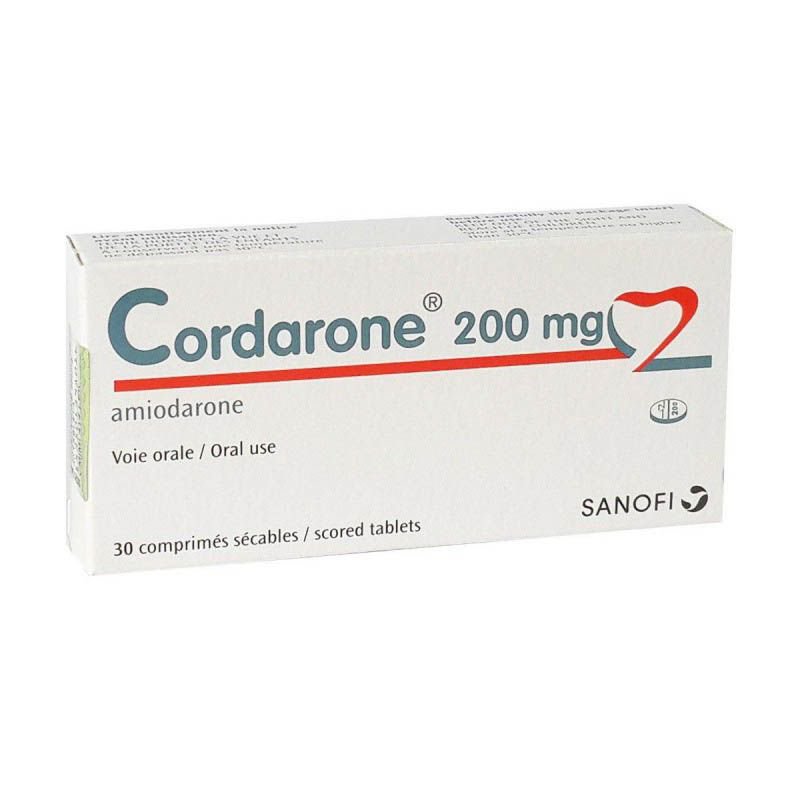

Cordarone, also known as amiodarone, is a medication primarily used to treat various types of irregular heartbeats, or arrhythmias. It belongs to a class of drugs called antiarrhythmics, which work by affecting the electrical activity in the heart to restore normal rhythm. Cordarone is often prescribed when other medications have been ineffective or when a patient’s condition is severe. It comes in tablet form and is usually taken orally, either with or without food, as directed by a healthcare provider. The dosage and duration of treatment depend on the specific condition being treated and the individual patient’s response to the medication.
While Cordarone can be highly effective in controlling arrhythmias, it also carries the risk of serious side effects. These can include lung problems, liver toxicity, thyroid issues, and potentially dangerous heart rhythm disturbances. Due to these risks, patients taking Cordarone require close monitoring by a healthcare provider, including regular blood tests and medical check-ups. It’s crucial for patients to follow their doctor’s instructions carefully and report any unusual symptoms or side effects promptly. Despite its potential drawbacks, Cordarone can be a valuable treatment option for individuals with certain heart rhythm disorders when used under close medical supervision.

